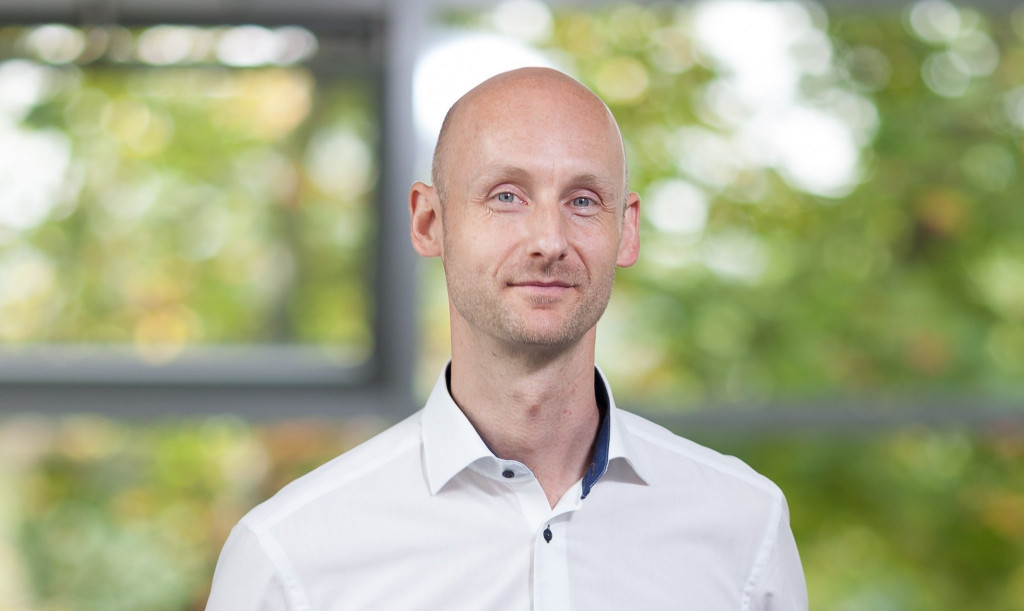Eric Wrasse

Eric Wrasse / Photo: Steffen Walther and Jan Bernert
Eric Wrasse studied »European Studies« and »Russian and Post-Soviet Studies« in London, Strasbourg and Warsaw.
He trained as a trainer at the Theodor-Heuss-Kolleg of the Robert Bosch Stiftung and at the same time led many international youth encounters. In 2007, he started working as an education officer at the EJBW. In 2016, he led the first training courses at the EJBW, which involved many people with migration and refugee experience. At that time, many people from Syria arrived in Weimar. We can learn a lot from people who, for example, fought for human rights in their country or had to leave their country because the political situation there became intolerable. We learn about the value of human rights and freedom, things we often take for granted here in Germany.
Eric Wrasse enjoys working with people and developing (educational) projects together. He enjoys bringing people with different backgrounds and views together and exchanging ideas. Everyone benefits from this.
The topics he works on are: Europe, human rights, inequality, social diversity, contemporary history and colonialism.
What is his personal connection to his topics? He benefited a lot from the freedom in Europe during his studies and afterwards and was able to make many international contacts and learn languages. He is concerned about the human rights situation in Russia, a country where he lived and worked for three years. He is concerned about the social inequality in Germany. He himself comes from a non-academic family and the issue of equal opportunities therefore plays a big role for him. The sometimes very difficult and unjust situation of queer people and migrants in Germany and Europe concerns him because he experiences it himself in his family.
